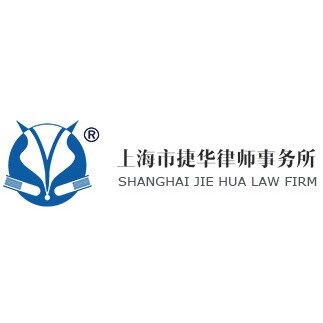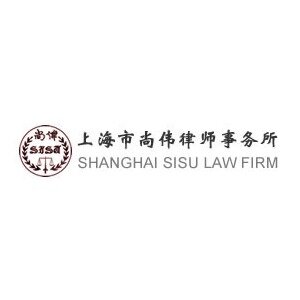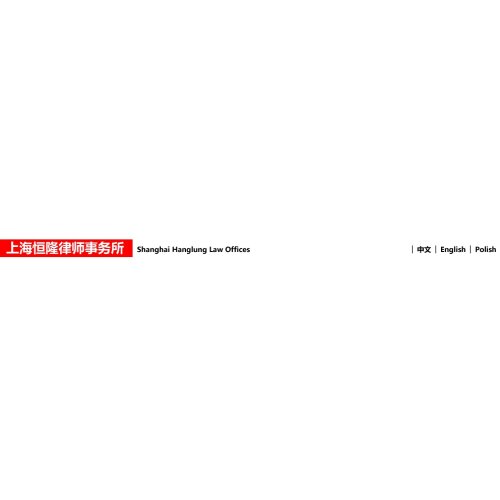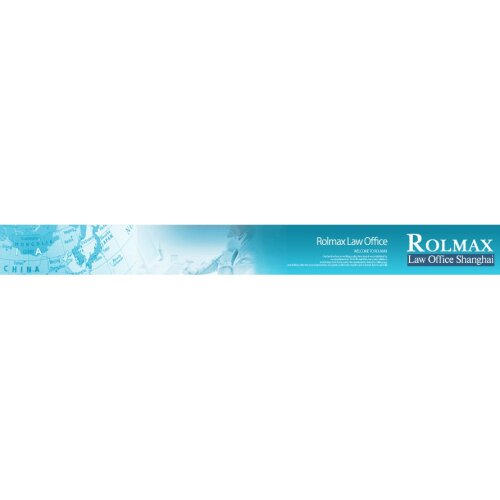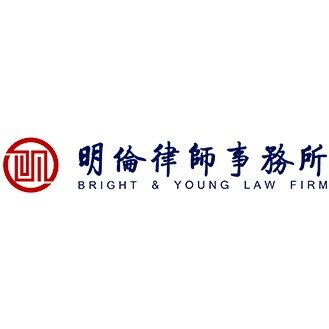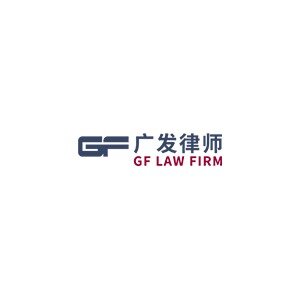Best Sanctions & Export Controls Lawyers in Shanghai
Share your needs with us, get contacted by law firms.
Free. Takes 2 min.
List of the best lawyers in Shanghai, China
About Sanctions & Export Controls Law in Shanghai, China
Sanctions and export controls are essential elements of regulatory compliance for individuals and businesses operating in Shanghai, China. These legal frameworks outline restrictions and permissions regarding the export of goods, technology, and services, as well as interactions with specific entities or countries. They aim to protect national security, fulfill international obligations, and regulate sensitive items. Given Shanghai's role as a global financial hub and a crossroads for international business, understanding and complying with local sanctions and export control regulations is critical for companies involved in cross-border transactions.
Why You May Need a Lawyer
Seeking legal assistance for sanctions and export controls issues is advisable in several typical scenarios:
- Engaging in international trade or exporting goods, technology, or services from Shanghai
- Entering joint ventures or licensing agreements with foreign partners
- Receiving inquiries or notices from Chinese authorities about potential compliance breaches
- Facing investigations or enforcement actions for suspected violations
- Managing due diligence for mergers, acquisitions, or investments with overseas entities
- Developing or reviewing internal compliance programs to meet Chinese legal requirements
- Navigating rapidly changing regulatory landscapes, especially in high-tech or dual-use sectors
A qualified lawyer with expertise in sanctions and export controls can provide tailored advice, mitigate risks, and represent your interests in dealings with authorities.
Local Laws Overview
China's legal framework governing sanctions and export controls is complex and has evolved rapidly in recent years. Key laws and regulations include:
- Export Control Law of the People's Republic of China - effective December 2020, this comprehensive statute governs the export of dual-use items, military products, nuclear materials, and technology
- Unreliable Entity List - targets foreign firms or individuals considered harmful to China’s national interests
- Regulations on the Administration of Technology Import and Export - sets controls over the transfer of technology and advanced products
- Prohibition on Compliance with Foreign Laws - under the Anti-Foreign Sanctions Law, entities in Shanghai may be restricted from complying with certain foreign sanctions deemed unjust by Chinese authorities
- Customs regulations and specific control lists maintained by various Chinese governmental agencies
Violations can lead to severe penalties, such as fines, license revocations, or criminal charges. Compliance programs and careful risk assessments are critical, especially for businesses handling sensitive technologies or trading with sanctioned countries or entities.
Frequently Asked Questions
What are sanctions and export controls?
Sanctions are restrictions imposed by governments to limit or prohibit dealings with specific countries, individuals, or entities. Export controls govern the export of certain goods, technology, or services to protect national security and fulfill international commitments.
Do Chinese export control laws apply to foreign companies operating in Shanghai?
Yes, Chinese export control laws can apply to foreign-invested enterprises and other businesses operating within Shanghai, especially if exporting items subject to controls, or engaging in restricted transactions.
How are goods categorized under China's Export Control Law?
Goods are grouped into categories such as dual-use items, military products, nuclear materials, and other controlled technologies. Each category has specific regulations on export licensing and end-use verification.
What penalties can result from violating sanctions or export controls?
Penalties may include administrative fines, suspension of export privileges, reputational risk, and for severe cases, criminal charges against responsible persons within the organization.
Can complying with foreign sanctions laws lead to conflicts in Shanghai?
Yes, China's Anti-Foreign Sanctions Law may restrict companies from complying with certain foreign sanctions, creating legal dilemmas for multinational entities operating in Shanghai.
How do I know if my products are subject to export controls?
Products subject to control are listed in official catalogues regularly published by the Chinese government. These lists are updated frequently, so legal review and classification are recommended.
Is a license always required for exports?
Not always - a license is needed only for controlled items listed by authorities or destined for sensitive regions or entities. However, due diligence to determine licensing requirements is essential.
What should I do if I receive an inquiry from customs or enforcement agencies?
Promptly consult a lawyer before responding. Legal counsel can guide you through the proper response process and help safeguard your rights.
Are there specific considerations for technology exports?
Yes, technology exports are subject to special scrutiny. Transfers via intangible means, such as cloud storage or email, are also regulated and may require licensing.
How often do sanctions and export control regulations change?
Regulations are updated frequently in response to geopolitical developments. Regular legal updates and ongoing compliance reviews are advised to stay current.
Additional Resources
For those seeking further information or support on sanctions and export controls in Shanghai, consider the following resources:
- Ministry of Commerce of the People's Republic of China (MOFCOM) - responsible for issuing licenses and policy updates
- Shanghai Customs - provides guidelines on local implementation of customs and export controls
- China Export Control Association - offers industry insights and compliance seminars
- Foreign Chambers of Commerce in Shanghai - often provide information and briefings for member companies
- Local law firms with expertise in international trade, compliance, and regulatory matters
Next Steps
If you believe you require legal assistance with a sanctions or export controls issue in Shanghai, the following steps may help:
- Identify the nature of your activity or transaction that may be affected by export controls or sanctions
- Gather all relevant documents, including contracts, product specifications, and communication records
- Consult a lawyer experienced in Chinese sanctions and export controls law, preferably with expertise in your industry sector
- Develop or strengthen your internal compliance program with professional support
- Monitor ongoing legal and regulatory updates that may affect your business or activities
Prompt legal consultation can protect your interests, prevent violations, and support smooth business operations in Shanghai’s dynamic environment.
Lawzana helps you find the best lawyers and law firms in Shanghai through a curated and pre-screened list of qualified legal professionals. Our platform offers rankings and detailed profiles of attorneys and law firms, allowing you to compare based on practice areas, including Sanctions & Export Controls, experience, and client feedback.
Each profile includes a description of the firm's areas of practice, client reviews, team members and partners, year of establishment, spoken languages, office locations, contact information, social media presence, and any published articles or resources. Most firms on our platform speak English and are experienced in both local and international legal matters.
Get a quote from top-rated law firms in Shanghai, China — quickly, securely, and without unnecessary hassle.
Disclaimer:
The information provided on this page is for general informational purposes only and does not constitute legal advice. While we strive to ensure the accuracy and relevance of the content, legal information may change over time, and interpretations of the law can vary. You should always consult with a qualified legal professional for advice specific to your situation.
We disclaim all liability for actions taken or not taken based on the content of this page. If you believe any information is incorrect or outdated, please contact us, and we will review and update it where appropriate.



